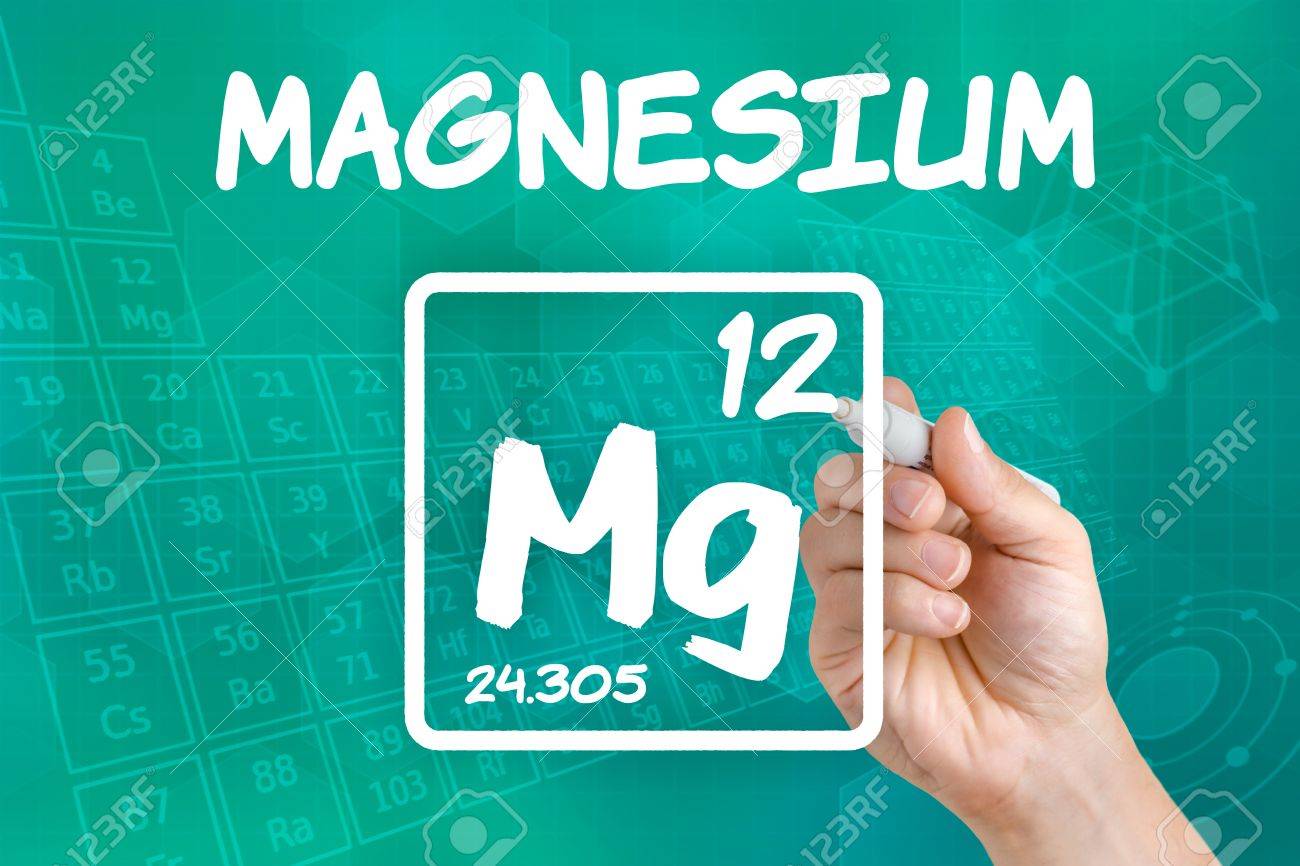 Magnesium is a very important mineral that the body needs in order to function properly. Unfortunately, most Americans are magnesium-deficient.
Magnesium is a very important mineral that the body needs in order to function properly. Unfortunately, most Americans are magnesium-deficient.Minerals play a very important role in the healthy functioning of the body and are the most permanent part of anybody. Unlike vitamins and herbs, minerals are inorganic substances, meaning that they do not come from living things. Once absorbed, minerals become part of tissue structure, as in bones and teeth, and they function in nerve impulse transmission and muscle contraction. They also help keep the body at a neutral pH, balancing out acidity, and help release energy from food.
One such important mineral is magnesium. Statistics show that up to 83% of the American population is deficient in magnesium, and this deficiency can be the hidden cause behind many common health problems. The vitamin and mineral-deficient food that most modern people live on simply does not contain enough magnesium for the body to do what it needs without malfunction.
Functions of Magnesium
Naturally found in meat, seafood, nuts, and whole grains, magnesium is absolutely necessary for proper muscle and nerve function. It also aids in the body’s absorption of calcium and plays a key role in the strength and formation of bones and teeth.

Moving into the cardiovascular system, magnesium helps stabilize the rhythm of the heartbeat and helps prevent abnormal blood clotting in the heart, thereby regulating blood pressure and significantly lowering the risk of heart attack and stroke. Because of its vital role in muscle relaxation, magnesium can be very helpful in dealing with chronic muscle cramps, stiffness, muscle injuries, and even fibromyalgia.
Some symptoms of magnesium deficiency are leg cramps, migraines, fatigue, loss of appetite, depression, nausea and vomiting, or even high blood pressure. Here are a few more issues with which magnesium can be helpful:
- anxiety
- asthma
- bursitis
- high cholesterol
- constipation
- dry skin
- infertility
- insomnia
- neuropathy
- rheumatoid arthritis
- diabetes – in fact, over 80% of adults with Type II diabetes have tested magnesium deficient; people with diabetes who supplement with magnesium have improved insulin and glucose levels
How to Supplement Magnesium
The recommended daily amount of magnesium for a healthy adult is 300-500 mg, and there are several different ways to boost the body’s supply of this important mineral. While magnesium capsules are easy and very popular, they are the least efficient way to get magnesium levels to normal, because the body absorbs only about 40% of what is taken in a capsule. A drink made with magnesium powder is a good way to supplement and can be a wonderful way to end the day – taken at bedtime, magnesium helps the muscles to relax and the body to sleep more deeply. Magnesium can also be absorbed through the skin via a gel or oil. Magnesium gel or oil can be applied directly to the skin, put in a foot soak or a bath, or even mixed in with soap and shampoo. Magnesium is safe for everyone, including children, and can be very helpful in correcting disorders and promoting overall health.